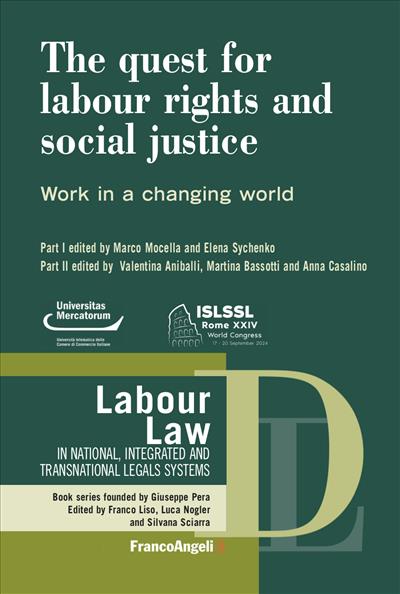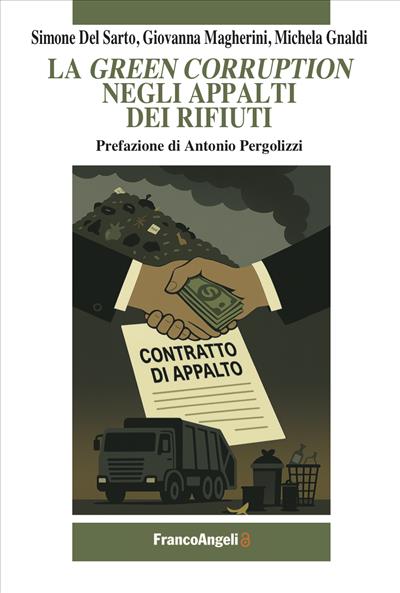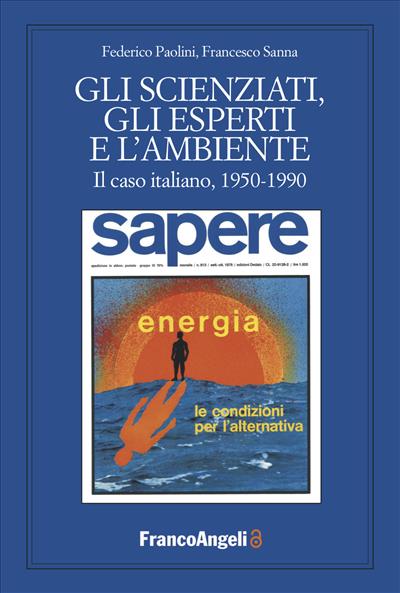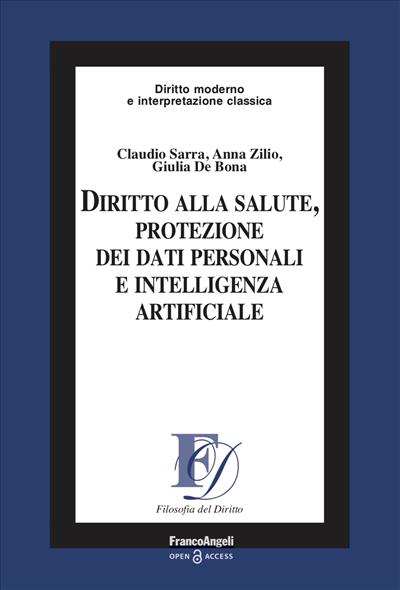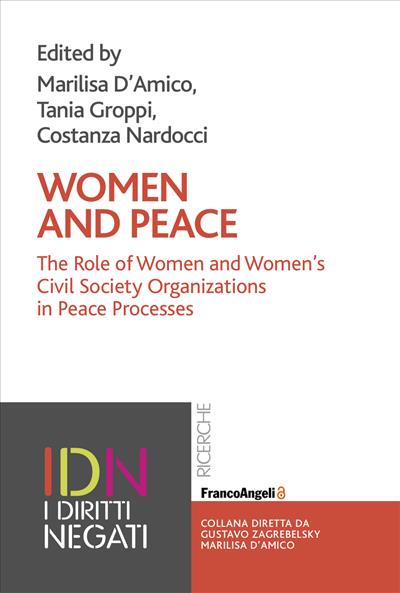
A cura di: Marilisa D'Amico, Tania Groppi, Costanza Nardocci
Women and peace
The Role of Women and Women’s Civil Society Organizations in Peace Processes
Women have traditionally been portrayed as extraneous to armed conflicts and peace building processes. Collecting contributions about Countries featuring extremely diverse legal contexts and past histories, the book wishes to prove that women might have a key role in peace processes and advocates for a critical approach, which rejects one way interpretations and gender stereotypes.
Pagine: 364
ISBN: 9788835158769
Edizione:1a edizione 2024
Codice editore: 10893.4
Informazioni sugli open access
